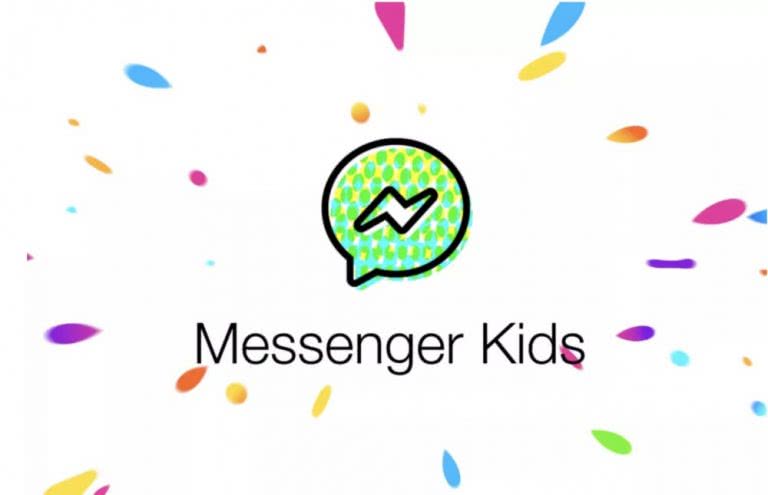Not satisfied with commanding the attention of billions, Facebook has launched a product aimed at children who fall below their required age of 13.
Messenger Kids is designed to allow kids as young as six years old to enter the social media abyss. Rest assured, the full gambit of addiction-inducing UX design is here. Wipe off a solid 10 hours of their week.
“Parents fully control the contact list and decide who can connect with their children. Messages don’t disappear and can’t be hidden in case parents would like to check in.”
Perhaps you see no problem with this. You’ve always calmed their craziness with an iPad, so hooking them up with a “Safe” version of Snapchat, without in-app purchases, to video call their mates with animal-face filters sounds ideal. No biggie.
I disagree.
Psychologists are already concerned by the impact that regular Facebook has on young teenagers. Distracting their developing minds. Allowing peer pressure and bullying to follow them home from school. Raising stakes on social status and leaving them hopelessly addicted to the endless scroll.
Why in hell would we want this for even younger children? Shouldn’t we prefer them to read books, play with their toys, run around outside? To lay on the ground with nothing to do. To feel actual boredom, known in other cultures as an absence of hyper-stimulation.
Campaign for a Commercial-Free Childhood (CCFC) wrote an open letter to Facebook and Mark Zuckerberg, urging them to desist with the platform:
“Younger children are simply not ready to have social media accounts. They are not old enough to navigate the complexities of online relationships, which often lead to misunderstandings and conflicts even among more mature users. They also do not have a fully developed understanding of privacy, including what’s appropriate to share with others and who has access to their conversations, pictures, and videos.”
I see privacy issues with the monitoring of kid’s behaviour on the app. While Facebook assures that kids aren’t being shown ads on the platform, their accounts are linked to the parent’s Facebook profiles and demographic profiling of the parents may now include an outline of their child.
We’ve all google searched info about a coastal holiday town only to see ads on Facebook for Airbnb options minutes later. We don’t need finely targeted ads for kids’ toys, movies and snacks based on Messenger Kids.
The algorithm is listening to their conversations. No evidence will convince me otherwise.


































